Medical Cannabis Could Easily Save American Taxpayers Over $220 Million
Washington –New Frontier Data, the authority in business intelligence for the cannabis industry, in preparing its upcoming annual report, The Cannabis Industry Annual Report: 2017 Legal Marijuana Outlook, delved into the staggering opioid epidemic plaguing the country. In 2013, the U.S. Medicare program spent nearly $2 billion on just three opioid drugs: OxyContin, Hydrocodone and Fentanyl. New Frontier Data has found, based on proven reductions in drug prescriptions among states with medical cannabis programs, that if medical cannabis was available nationally, the decreased Medicare expenditures on those three drugs alone would result in $220 million in savings for American taxpayers.
“The numbers are staggering: Opioid drug prescriptions in the United States have nearly tripled from 76 million to 207 million in the past 25 years, and today more than 2 million Americans are suffering from opioid abuse. In 2015, for the first time, drug-related deaths exceeded the number of fatalities from car accidents. No one can argue that Americans are not gripped by an opioid epidemic, and the research shows that prescribing medical cannabis has helped to reduce the overall number of opioid drug prescriptions,” said Giada Aguirre De Carcer, CEO of New Frontier Data.
The National Academies of Sciences, Engineering, and Medicine (NAS), in a report published last month, presents conclusive evidence that cannabis is effective in treating symptoms associated with chronic pain, the primary reason for which opioids are prescribed. Furthermore, a 2016 study by the University of Georgia found an 11% reduction in annual drug prescriptions in states with medical cannabis laws compared to those without medical cannabis programs in place. Likewise, based on Medicare disbursements from 2013, were that 11% reduction in daily prescriptions to hold and be applied nationwide against those three most-prescribed opioid drugs, it would represent a savings of $220 million to American taxpayers.
“More than 33,000 people died from opioids in 2015, the highest rate ever recorded,” explained De Carcer. “Meanwhile, our military veterans suffer from chronic pain at twice the rates of the general population, and they are twice as likely to die from an accidental opioid overdose. They are currently unable to access medical cannabis without jeopardizing access to their VA health benefits. By lowering the expenditures on opioids, and by reducing the costs associated with treating opioid dependency, the Veterans Health Administration – the nation’s largest integrated healthcare system – could equally benefit from massive savings.”
About New Frontier Data:
New Frontier Data provides objective, rigorous and comprehensive analysis and reporting for the nascent and underserved cannabis industry. New Frontier’s data and reports have been cited in over 45 countries around the world to inform industry leaders. New Frontier, the premiere Big Data shop in the sector looks beyond the plant cultivation and distribution, to raise the industry bar and improve visibility into what will inevitably soon be a mature and more complex industry. Founded in 2014, New Frontier is headquartered in Washington, D.C. and an additional office in Denver. For more information or media inquiries, please visit www.newfrontierdata.com or contact our PR team: NFD@PReturn.com.


